I Moved to Canada After an Election
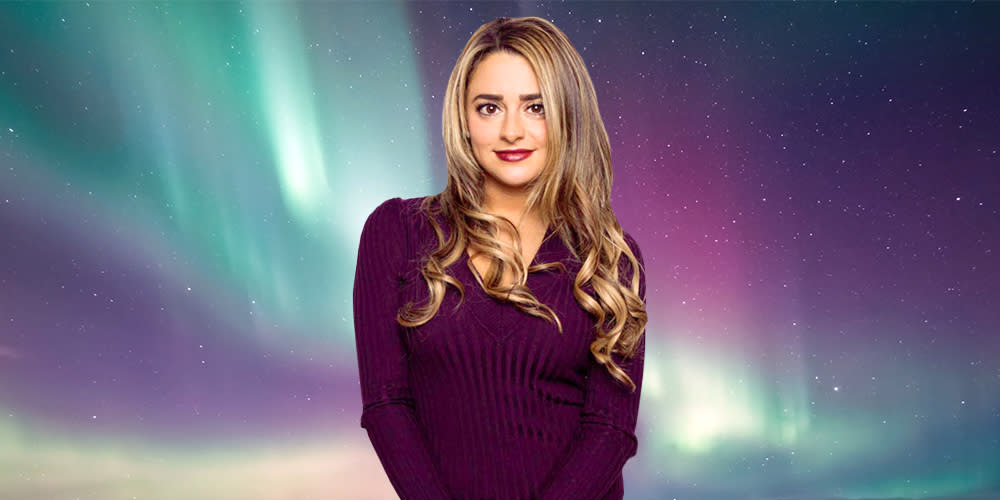

For some, it was the 2003 U.S. invasion of Iraq. For others, it was the entirety of George W. Bush’s White House agenda. More recently, the election of Donald Trump was the last straw. They needed to get out of the United States for good.
“If _____ wins the presidency, I’m moving to Canada” is a hackneyed line, an easy threat to make in a fraught, divisive political climate. Last year, many Americans - including a slew of celebrities like Lena Dunham and Miley Cyrus - vowed they’d flee the country if Donald Trump were elected. (Dunham, for her part, has said since the election that she’ll stay put “to fight and love and use my embarrassment of blessings to do what’s right.”) On election night, when it became clear that he would win the White House, distressed Americans searched frantically for an alternative to Trump’s America, Googling “move to Canada” more than ever in the search engine’s history. It makes sense: More than half of Americans reported that the 2016 election - with its unprecedented vitriol and blasé talk of sexual assault - was a significant source of stress in their daily lives.
But actually leaving remains a distant fantasy for most Americans. Five people who made good on the threat to flee the country for politics explain why they moved, what it was like, and whether they’ll ever come back

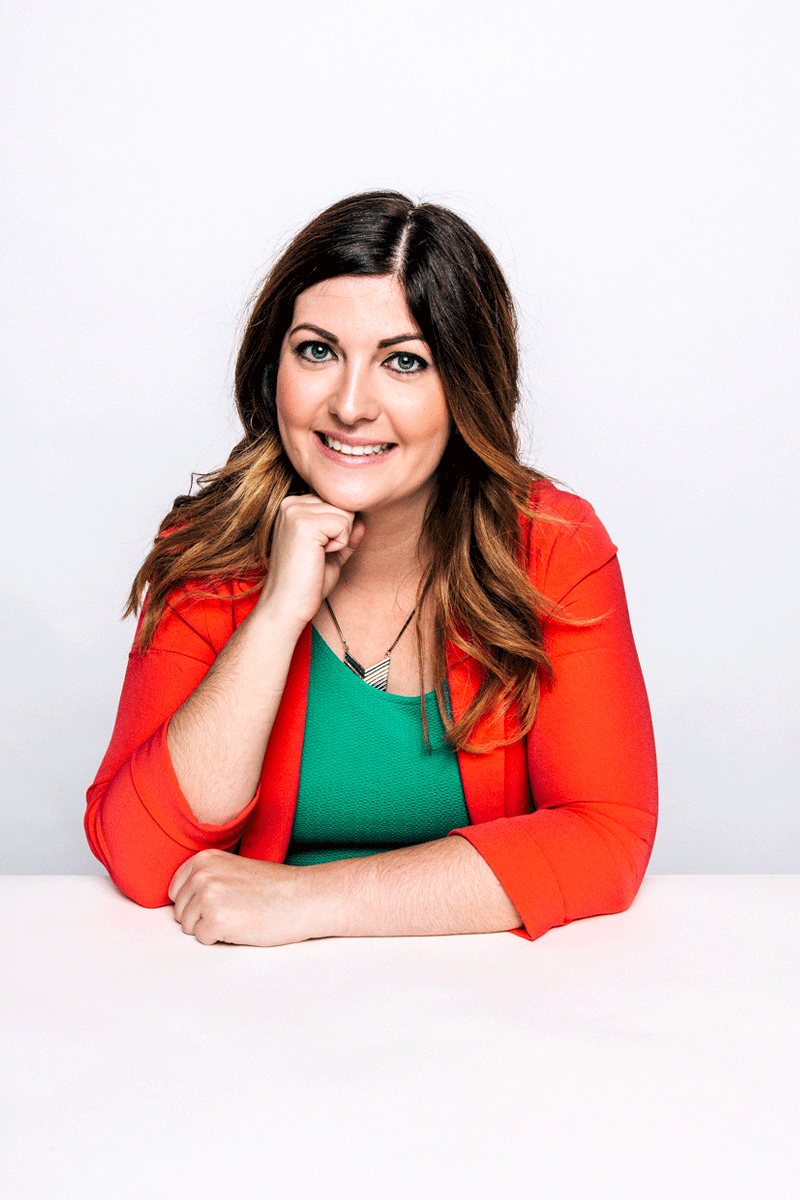
I went to a small liberal arts college in the middle of Michigan when George W. Bush was in his first term. The Iraq invasion in 2003, based on the premise of weapons of mass destruction, was a huge issue for me. In college, [my friends and I] would always say, "If he gets re-elected, we're gonna apply for jobs in Canada." It seemed like it would never happen.
I was finishing my master’s degree in library science when I realized due to the NAFTA agreement that that's one of the professions that you can move to Canada or Mexico with a work permit. I was lucky enough to get an interview in Oshawa, Canada, as a librarian, and when they offered me the job, I was able to get a work permit. I had the job interview in January [2008], and I was in Oshawa the next month.
I moved here with my boyfriend at the time. We had this U-Haul. And we had to have every single thing accounted for for customs - anything from "three whisks" from the kitchen, or "two pillows." I went to hand [the list] to them when we were going over the border. They just glanced at it for probably 30 seconds and said, "Are there any firearms on this list?" And I said, "Oh, no, definitely not." And they said, "Anything else that we would need to know about?" And I was like, "I have two cats in a carrier." And they were like, "Oh, do they need water? Are they OK?" And I was like, "No, they're fine, just a little stressed out." And they're like, "OK, well, safe travels! Welcome to Canada!" And that was it.
I’m currently a permanent resident and have to renew my PR card every five years. I was a temporary worker/resident for about six years before my permanent residency was finalized. Now that Trump is our president-elect, I am working on the paperwork for Canadian citizenship.
I tell my friends all the time, I found my American dream by moving to Canada. I look at my friends and family in the United States, and regardless [of] if they have degrees or were in the military or whatever their background, many are struggling. Many are working in multiple part-time, precarious jobs without benefits or a pension, and struggling to pay back massive student loan debt. This exists on a smaller level in Canada, but doesn't seem to be on the level of inequality and scarce access to resources that is in the United States. I actually have a pension, paid holidays, educational stipends, and paid one-year parental leave. A good-paying job where my education is valued. It just seems like social mobility is actually a thing in Canada. If you are born poor, it is not as difficult to work your way up.
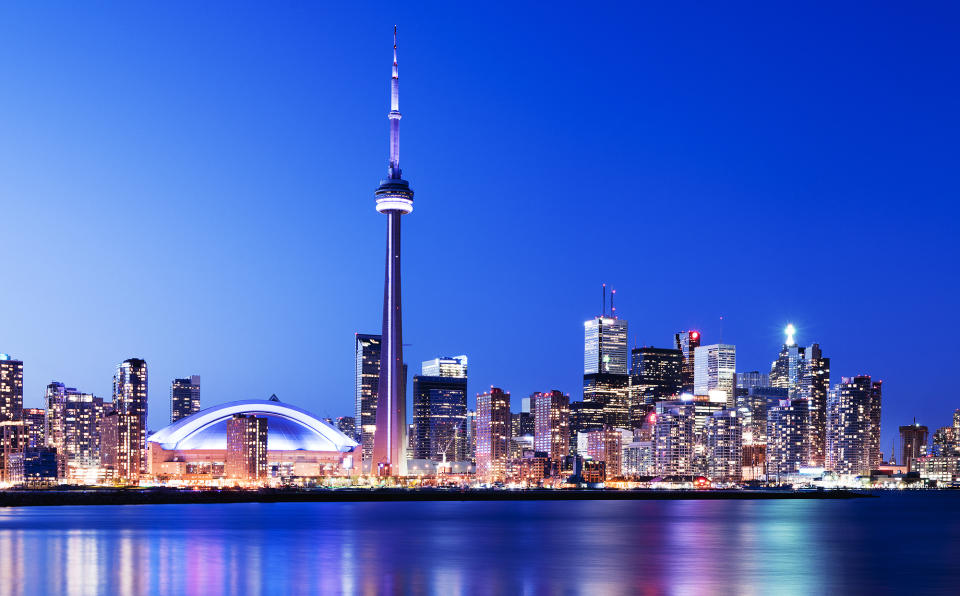
Living in Canada is by no means perfect. I still have bills to pay in the States, from college, and the American dollar is higher than the Canadian dollar. So I get paid in Canadian wages, but my American bills are due in American currency. That's not always fun.
I also don't see my family in the States as much as I'd like. Some years I don't visit at all. When I was getting my permanent residency, there were time periods that, due to my temporary work permit, I couldn't leave the country. Recently my grandmother fell and broke her hip. I feel terrible that I can't drop in and see her, and that my other family members are looking after her. I have tremendous guilt over that.
But I love that every person [in Canada] has access to health care, which I believe is a human right. I receive a great quality of care and have been referred to specialists, had tests done, none of which has ever cost me anything out of pocket. I also haven't experienced long wait times, nothing longer than what I experienced in the States. There's this joke in Canada that goes like, "Every time I hear a mean joke about being Canadian, I go to the doctor and have my feelings checked for free." I just don't understand how Americans think it's normal to need GoFundMe pages for surgeries and funerals.
There is a sort of Canadian smugness that gets kind of annoying. Every day - I'm not exaggerating - especially now, I get asked, “What's wrong with them down there?” They just can't believe what's going on in the States with Trump. And as an American, they're expecting me to stand up for the United States. I just explain that the reason why I'm in Canada is because I'd rather be in Canada than the United States.
I just wish we had the same shows that the U.S. gets on Hulu and Netflix.

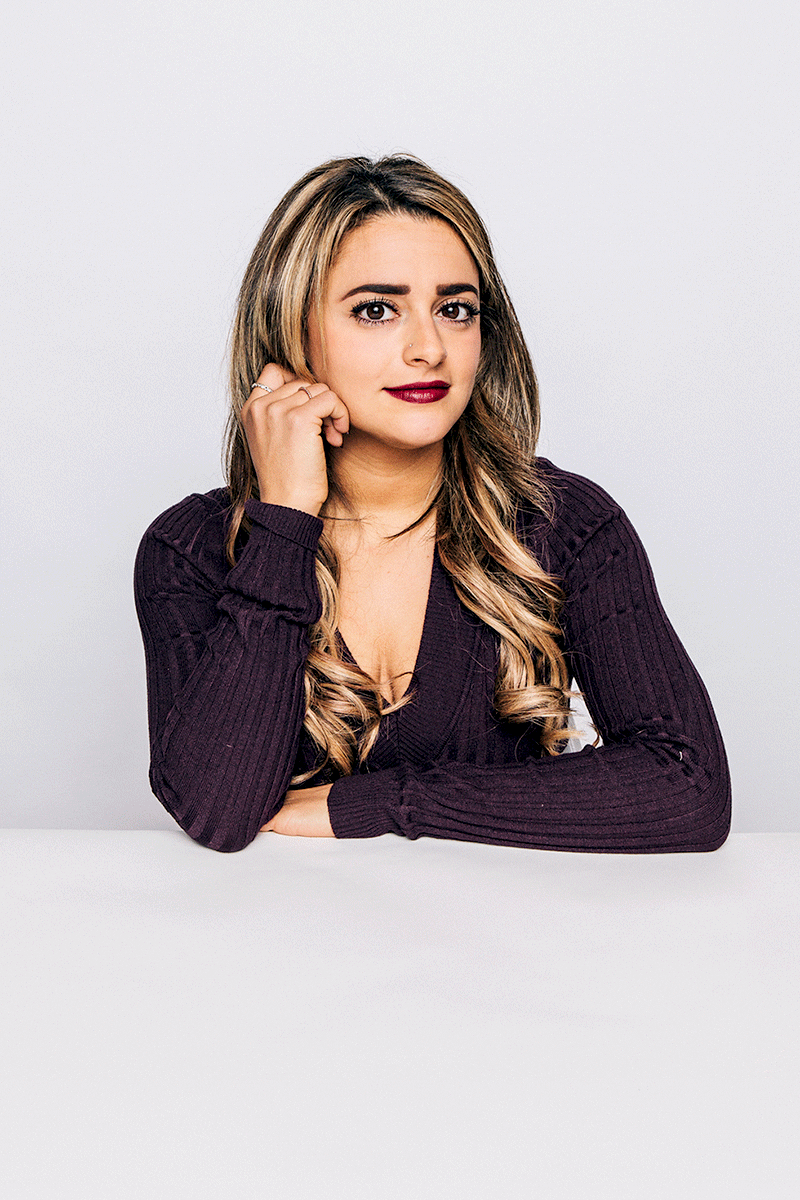
I was in sixth grade and a bunch of different foreign language teachers came in to try to sell us on learning their language. A French teacher started talking about how many people don't think French is essential, but that our neighbors north of us, in Canada, speak French. I went home, and I started Googling Canada. I became actually quite obsessed with it. Then, as the years went on, I wasn't really liking what I was learning about the U.S. I didn't like the Iraq war. I didn't feel safe after 9/11. I had a bad feeling about [George W.] Bush. I was really scared all the time, very anxious. I thought that terrorists were after us. I would tell my therapist, "I want to move to Canada." And she would say I'm running away from my problems.
[When I was 17,] my guidance counselor told me, "Instead of waiting until after college, why don't you just go to school there?" When I got accepted to Seneca College in Toronto, I brought my acceptance letter to the Canadian consulate in Manhattan, and I got accepted on the spot to get my study permit. I was so shocked. I went home and told my parents, "Hey, I'm moving to Canada." And they were in shock, because I had talked about it for years, but they didn't believe me.
When I came here in 2009, I didn't have a lot of money. I saved up $3,000 thinking it would last me, like, six months. I spent it all the first month on textbooks and food. After I graduated, I wasn't allowed to work for the first six months, until you get the work permit. I went to food banks, and I would live off, like, peanut butter and cans of tuna.
It was actually a lot different than I thought. I had to deal a lot with people who actually don't like Americans, because my [New York] accent was so heavy at the time. People would be like, “Oh, are you American? I'm sorry to hear that.”
The metric system took me a while to fully understand. My first trip to the grocery store, I went up to the deli and asked for a half pound of yellow American. They had no idea what I was saying because they use grams and American cheese does not exist. Weather was the most difficult to get the hang of, but now that I use Celsius so much, I forgot Fahrenheit. On my most recent trip [to the States], my mom was saying how the weather is going to be in the 60s and I actually had to ask what type of jacket to wear.
Consumer goods are more expensive, including clothing, toiletries, cars, and certain food items. I’m used to it and combat this by ordering most of my clothes online and shop for shoes when visiting the States. And the food is a bit different. They serve French fries literally everywhere, even Taco Bell. I'm not complaining. It's great.
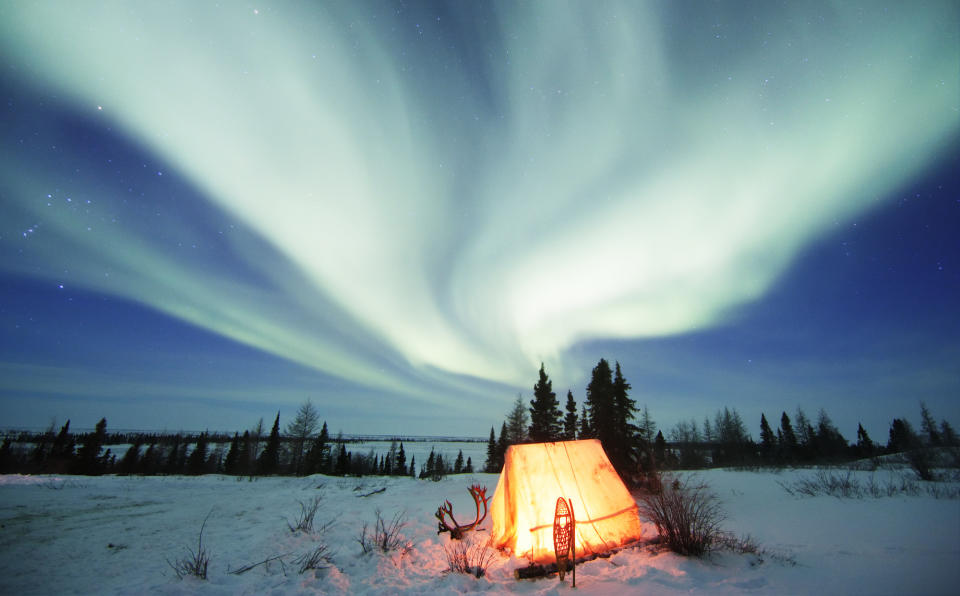
I finally became a permanent resident last summer. Doing it myself led to a lot of mistakes on the documents. It is kind of confusing, all that paperwork. I got denied three times for my permanent residency, which led to a lot of tears, and me thinking I have to get sent back or married.
I live in Toronto, so it is similar to living in any major city, but the crime rate is very low, which may be because gun laws are pretty strict. If you own a gun, it must be locked up when not being used and stored in your trunk when driving. Open carry and concealed carry basically do not exist. I was cautious when I first moved here, but there has never been a moment I have feared for my safety, even when walking home at 4 a.m.
That's a big change coming from post-9/11 New York. Union Station doesn’t have bomb-sniffing dogs roaming around like Penn Station in New York City does, which used to give me a very uneasy feeling. The Canadian government - as far as I know - isn’t listening to our phone calls or setting up hidden cameras to spy on its own people.
I have an amazing apartment downtown. I met a Canadian boyfriend who plays hockey. Everything I pictured happened.

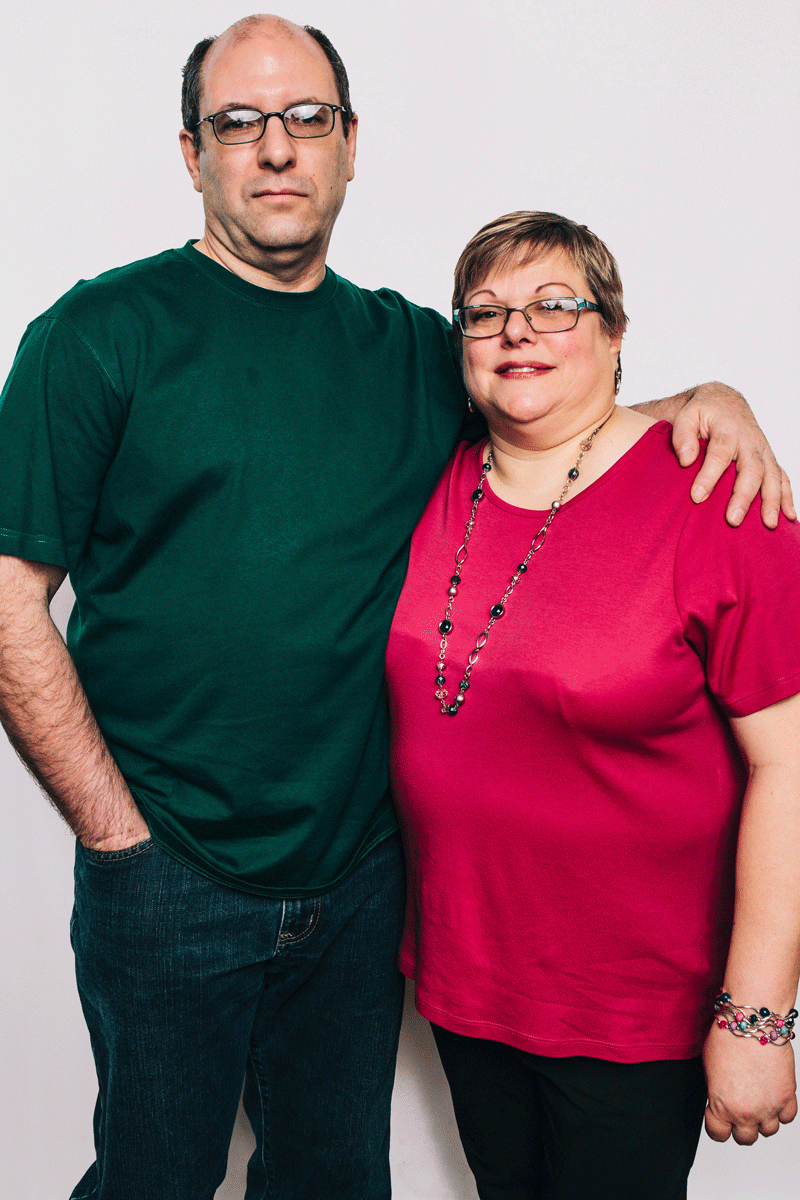
Laura: We used to joke about it all the time, like, "That’s it, we’re moving to Canada." There'd be just something so outrageous politically, socially, in the U.S. that we just hated so much. But it was sometime after the invasion of Iraq, sometime in 2003, we were watching the news and Allan said, "Could we? I've actually been thinking about this." And I was like, "Oh! I've actually been thinking about it too." I just felt so totally alienated from U.S. culture. All the money going to the military. The extreme income inequality. The war on one side and the surveillance state on the other, those were the two really big, intolerable things for me.
After that conversation, I just started looking up stuff about emigrating to Canada. And before I knew it, we were applying. It was a very long process. We had to document everything about our lives, from when we were 18 on. Every job we had ever held. Every place we had ever lived. All your income, all your work experience. A lot of people hire someone to do it, but we decided we could do it ourselves. The whole thing took 18 months and a lot of money. The applications cost about $2,500 combined. Because we did not have arranged employment in advance, we also had to show $10,000 in proof of funds to show we could support ourselves for a while until we found employment. We applied for permanent residence status and were accepted.
[Once we got to Canada,] we had to start everything over. We had no credit, we had to open a new bank account, all those millions of things. But nothing really was hard. We thought the health care was like a miracle. The first time you go to get something done and you just leave without paying, it's so weird!
Canadian culture is less militaristic, less aggressive, more secular, more tolerant, more concerned with the greater good. There is a much stronger belief that the government should intervene to improve our quality of life.
[As permanent residents,] you can do almost everything. But we wanted to vote, we wanted to have Canadian passports, and we wanted to be fully engaged. So we applied as soon as we could and we became citizens in 2010. We see it as one of the best decisions we've ever made in our lives.

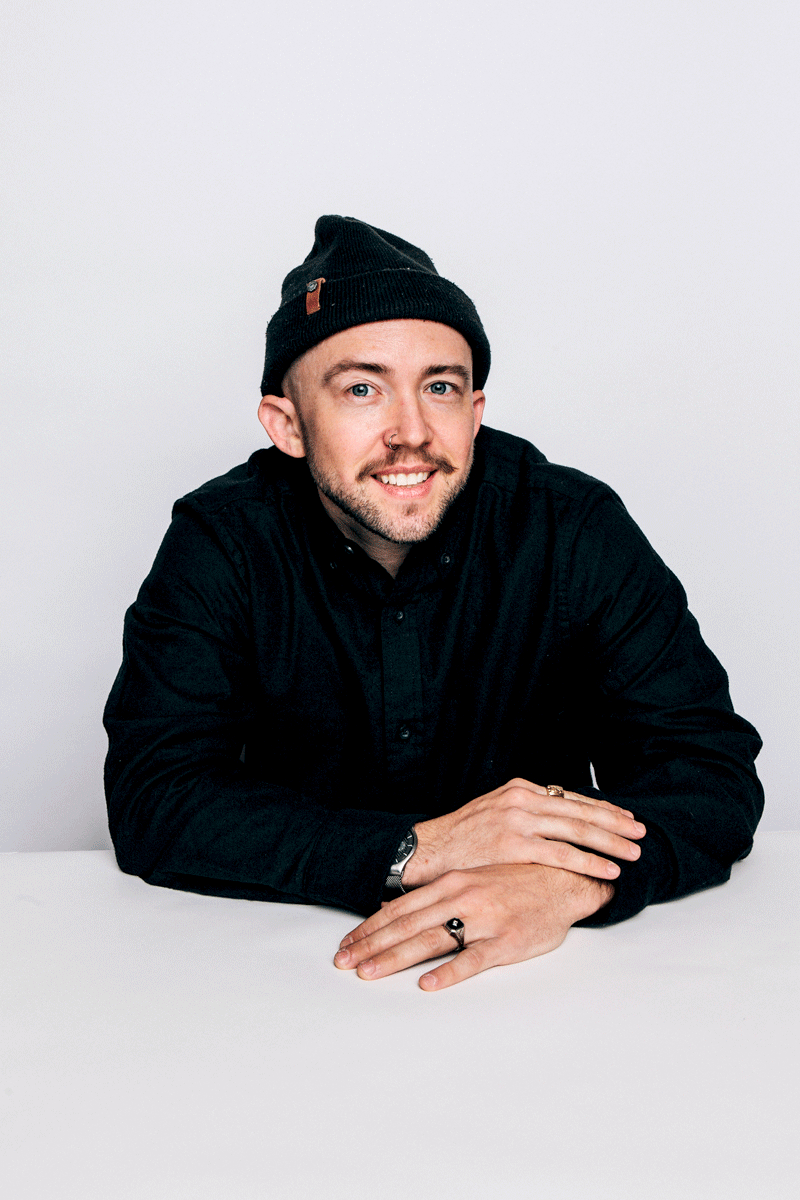
I started seeing this girl that was from Toronto [when I was 26]. She was back and forth between Toronto and L.A., and we were dating very casually. And we were joking about it really, at first, like, "Oh, yeah, we should get married." But then it just kind of slowly became less of a joke.
Between, like, 1999 and 2006, a lot of political stuff had happened in America. Really negative stuff, in my opinion. Every single thing about George W. Bush and Dick Cheney was revolting. But it went beyond just not liking them or seeing eye-to-eye with them. There were all the unanswered questions about 9/11, Halliburton scams, voting corruption during the 2000 election, the refusal to let gays get married, bailing out the banks [and the] recession. I just overall had this feeling of disgust and this feeling of what’s happening in America doesn’t represent me personally. So the thought of leaving the country was vastly more appealing.
[After dating for about seven months,] we did get married, and I moved in the summer of 2006. It wasn’t a fake marriage. But I certainly would have never married that person at that stage in my life if it wasn't going to make immigrating a lot easier. We were in a serious relationship and we stayed married for about three years. The application for immigration when you're married is basically just proving to them that you're not faking it, which for us just meant giving them a big binder of really disgusting, sappy emails and photos of us. We were like, "Do you want to see us having sex?" The application cost a thousand bucks. And I had to get a physical and do some basic paperwork. It took a year for them to approve, but I was living in Canada for that whole year. Then, a year to the day of our marriage, I got the actual approval for permanent residency. I just got my citizenship a couple months ago.
Coming from L.A., the hardest part for me was not the snow and cold, it’s how long winter lasts into the spring and summer months. The end of February comes, and I'm ready for the sun and green to come back, and realistically, you're going to be bundled up for the next three months. That time for me is when the mental drudgery sets in. My birthday is June 18 and it's always just barely warm enough to wear a pair of shorts by my birthday.
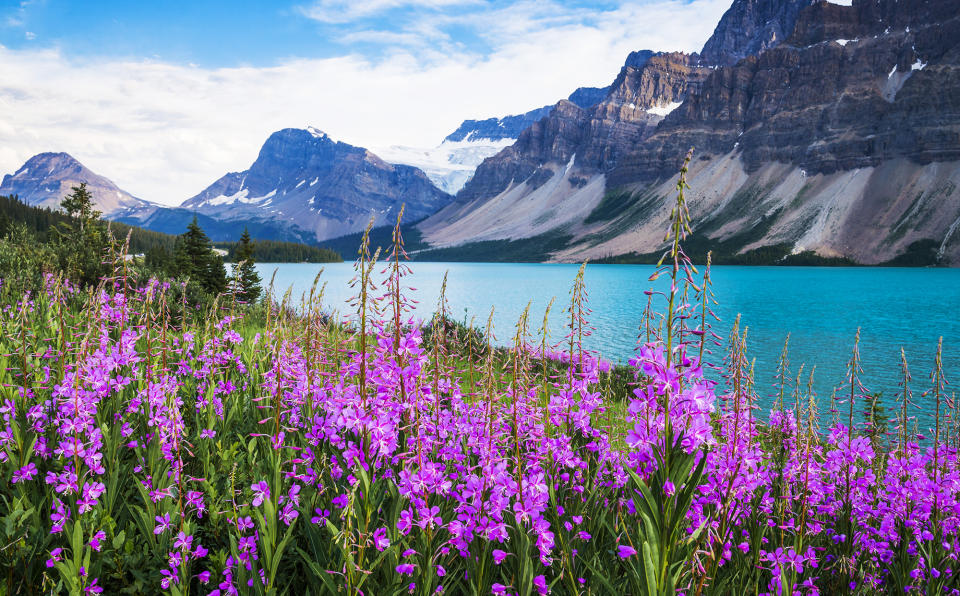
Stereotypes are always kind of stupid, but in my experience, I would say the Canadians-being-polite stereotype is sort of true. I would describe it more as being passive than polite. People don't speak up and tell you how they really feel unless they know you quite well. That created a heightened sense of feeling judged for a while, feeling like I'm walking on eggshells with certain people. You have to put a lot more time and effort into getting to know someone before you can trust that you actually know them.
I really like living somewhere that recognizes same-sex marriage unequivocally and supports LGBTQ rights in a myriad of important ways. I really like living somewhere that enforces gun control, is pro-choice, and has a lot of social programs for those in need and those in the arts. The universal health care is absolutely fantastic and justifies the really high taxes, even though those high taxes are really hard to get used to.
There are things I hate about this country, namely the annual seal hunt [a government-sanctioned event where hundreds of thousands of seals are clubbed to death for their furs]. But every country will come with pros and cons. I feel better represented here, more taken care of, more respected, and less like I'm on a sinking ship with no rescue in sight. There's a lot less political drama here.
I still have a sense of pride in being an American. But I can’t see a reason to come back.
Follow Rebecca on Twitter.

See the 16 Countries Americans Are Moving to Most
Why Millennials Want to Quit Everything
These Women Gave Up 6-Figure Salaries to Run Goat Farms
Want to Quit Your Job to Travel the World? Here’s Exactly How to Pay for It.
How One Couple Got Rid of All Their Money Worries and Work Stress
Why I Quit Everything and Started a New Life After My Husband and Father Died - and You Should Too
What It's Really Like to Live on a Private Island
7 Stunning Private Islands You Could Actually Buy
What It’s Like to Escape Planet Earth
You Might Also Like

